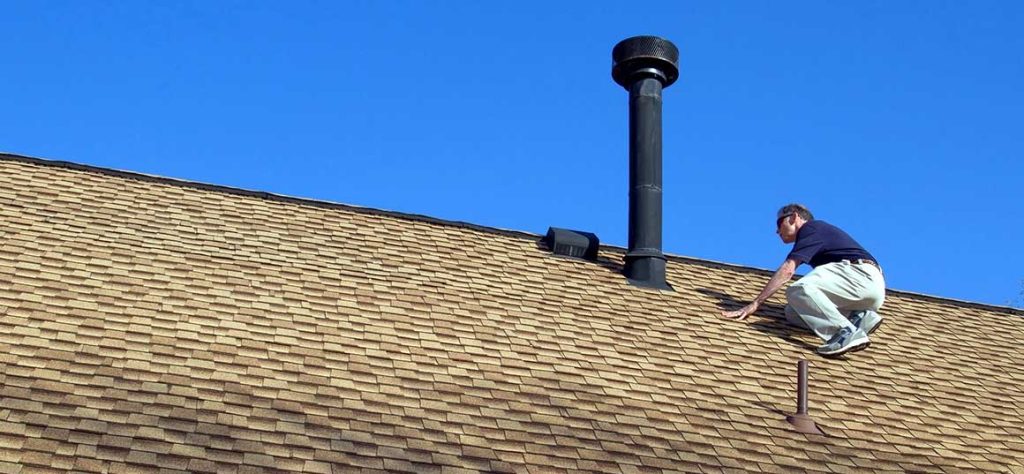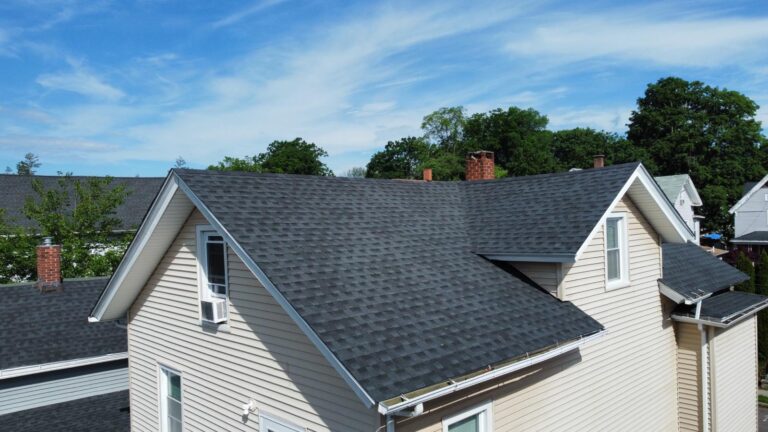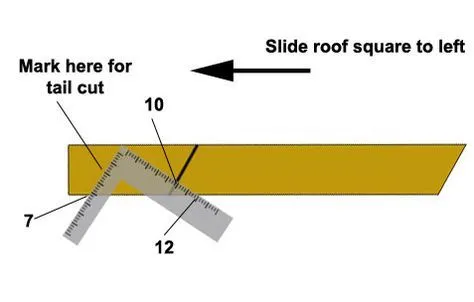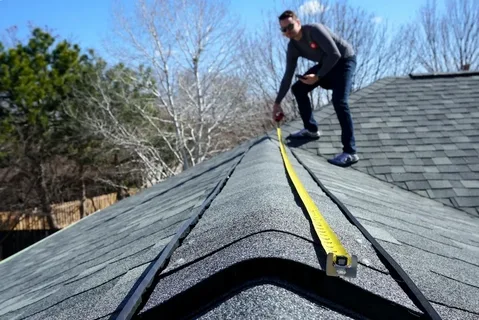
Introduction of Commercial Roof Inspection
Commercial properties are significant investments, and one crucial aspect of their maintenance is the inspection of their roofs. Over time, commercial roofs are subjected to wear and tear due to various factors such as weather conditions, age, and poor maintenance. Regular inspections are vital to identify potential issues early on and prevent costly repairs or replacements down the line.
Signs That Your Commercial Roof Needs Inspection
Visible damage: Obvious signs of damage such as cracks, missing shingles, or sagging areas indicate that your roof needs immediate attention.
Age of the roof: As commercial roofs age, they become more susceptible to deterioration. If your roof is approaching its expected lifespan or has surpassed it, it’s time for a thorough inspection.
Weather-related issues: Severe weather events like storms, hail, or heavy rainfall can cause damage to commercial roofs. After such incidents, it’s essential to assess the condition of the roof to address any potential damage promptly.
Benefits of Regular Commercial Roof Inspections
Regular roof inspections offer several benefits for commercial property owners:
Cost savings: Identifying and addressing minor issues during routine inspections can prevent them from escalating into more significant problems that require costly repairs.
Prolonging roof lifespan: Timely maintenance and repairs can extend the lifespan of your commercial roof, saving you money in the long run.
Preventing major repairs: Proactive inspections help catch potential issues early, preventing them from turning into costly repairs or replacements.
Steps Involved in Commercial Roof Inspection
A comprehensive commercial roof inspection typically involves the following steps:
Exterior inspection: This includes examining the roof surface, checking for signs of damage, and assessing the condition of roofing materials.
Interior examination: Inspectors will examine the interior of the building for signs of water damage, leaks, or mold growth, which could indicate roof problems.
Detailed assessment: Inspectors will provide a detailed report outlining any issues found during the inspection, along with recommendations for repairs or maintenance.
Common Issues Found During Commercial Roof Inspections
Some common issues identified during commercial roof inspections include:
Leaks and water damage: Leaks can lead to water damage, mold growth, and structural issues if not addressed promptly.
Damaged flashing: Flashing protects vulnerable areas of the roof from water infiltration. Damage to flashing can compromise the integrity of the roof.
Ponding water: Pooling or ponding water on the roof can indicate drainage issues or inadequate slope, which can lead to water damage and structural problems.
Importance of Hiring Professional Roof Inspectors

While some property owners may attempt to inspect their roofs themselves, hiring professional roof inspectors offers several advantages:
Expertise and experience: Professional inspectors have the knowledge and experience to identify potential issues accurately and recommend appropriate solutions.
Safety precautions: Roof inspections can be hazardous, especially for commercial properties with large or complex roof systems. Professional inspectors are trained to follow safety protocols to minimize risks.
Detailed reporting: Professional inspectors provide detailed reports outlining the condition of the roof, including any issues found and recommendations for repairs or maintenance.
Frequency of Commercial Roof Inspections
The frequency of commercial roof inspections depends on various factors, including:
Industry standards: Some industries have specific regulations or guidelines regarding roof maintenance and inspections.
Climate considerations: Properties located in areas prone to severe weather may require more frequent inspections to address weather-related damage.
DIY vs. Professional Commercial Roof Inspections
While some property owners may attempt to inspect their roofs themselves to save money, there are significant risks involved:
Pros of DIY inspections: DIY inspections can save money and provide property owners with a better understanding of their roof’s condition.
Cons of DIY inspections: DIY inspections lack the expertise and experience of professional inspectors and may miss critical issues or safety hazards.
Costs Associated with Commercial Roof Inspections
The cost of a commercial roof inspection can vary depending on several factors, including:
Size and complexity of the roof: Larger or more complex roof systems may require more time and resources to inspect thoroughly.
Accessibility: Roof access can impact inspection costs, especially for buildings with limited access points or safety concerns.
Tips for Choosing a Reliable Roof Inspection Service
When selecting a roof inspection service, consider the following factors:
Credentials and certifications: Choose a company with certified inspectors who have the necessary training and qualifications to perform thorough roof inspections.
Reputation and reviews: Research the company’s reputation and read reviews from past clients to ensure they provide reliable and high-quality service.
Comprehensive services: Look for a company that offers comprehensive roof inspection services, including interior and exterior assessments and detailed reporting.
Closing Thoughts
Regular commercial roof inspections are essential for maintaining the integrity and longevity of your building’s roof. By identifying potential issues early and addressing them promptly, property owners can save money on costly repairs and prolong the lifespan of their roofs. Hiring a professional roof inspection service ensures thorough and accurate assessments, providing peace of mind for property owners.
FAQs
What is the recommended frequency for commercial roof inspections?
Commercial roof inspection frequency is determined by a number of factors, such as industry regulations and climate concerns. Generally, it’s recommended to have biannual inspections, ideally in the spring and fall, to catch any issues before they escalate.
How long does a typical commercial roof inspection take?
The size and intricacy of the roof can affect how long a business roof inspection takes. On average, inspections can take anywhere from a few hours to a full day to
Can I conduct a commercial roof inspection myself?
While it’s possible for property owners to conduct their own roof inspections, it’s generally recommended to hire professional inspectors. Professionals have the expertise and experience to identify potential issues accurately and can provide detailed reports with recommendations for repairs or maintenance.
What should I do if my roof fails inspection?
If your roof fails inspection or if issues are identified, it’s essential to address them promptly. Consult with a reputable roofing contractor to determine the best course of action based on the inspector’s recommendations. Ignoring problems can lead to more extensive damage and costly repairs down the line.
How can I find a reputable commercial roof inspection service?
When searching for a reliable roof inspection service, consider factors such as credentials, certifications, reputation, and reviews. Look for companies with certified inspectors who offer comprehensive services and have a proven track record of delivering high-quality results



